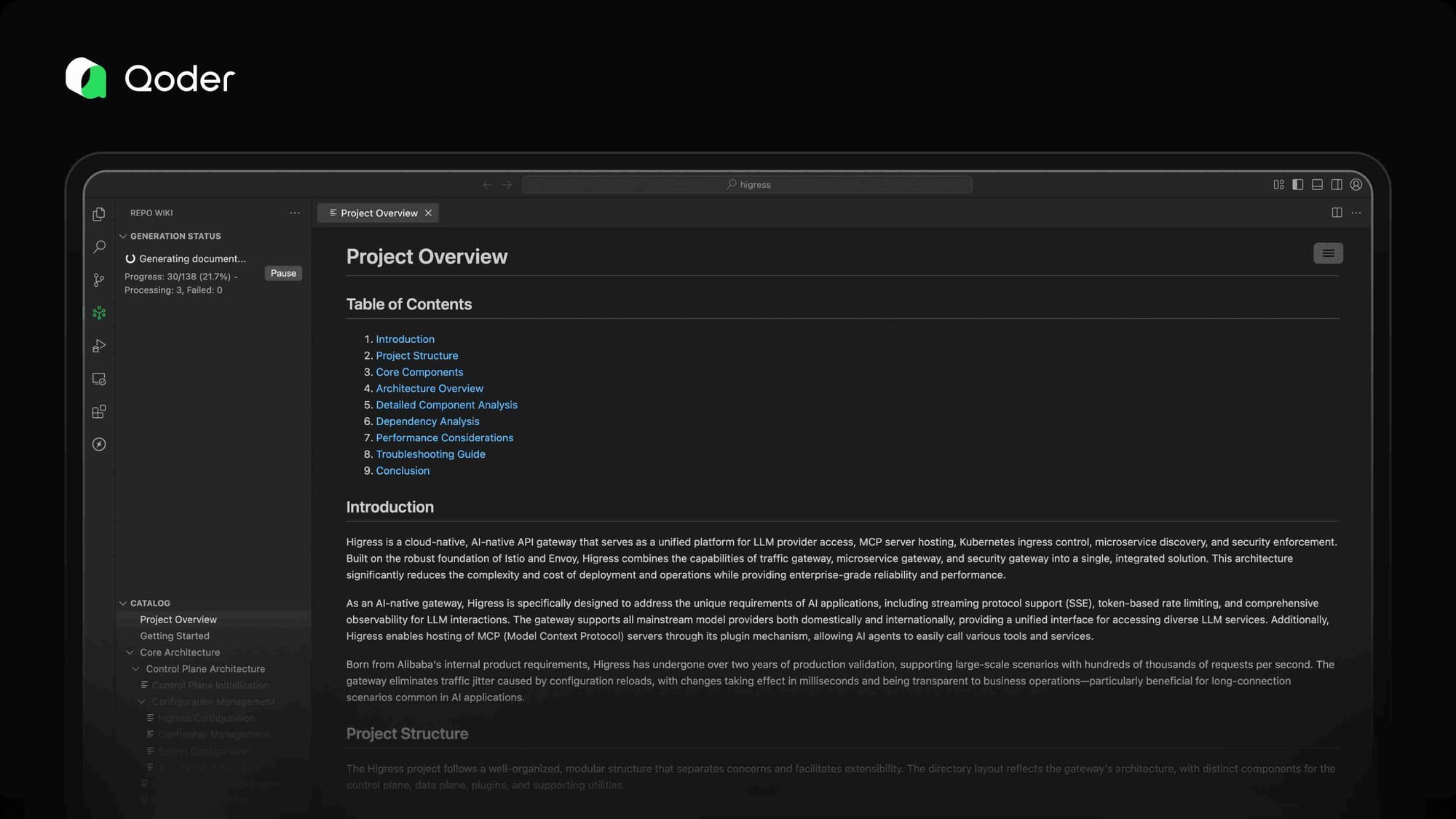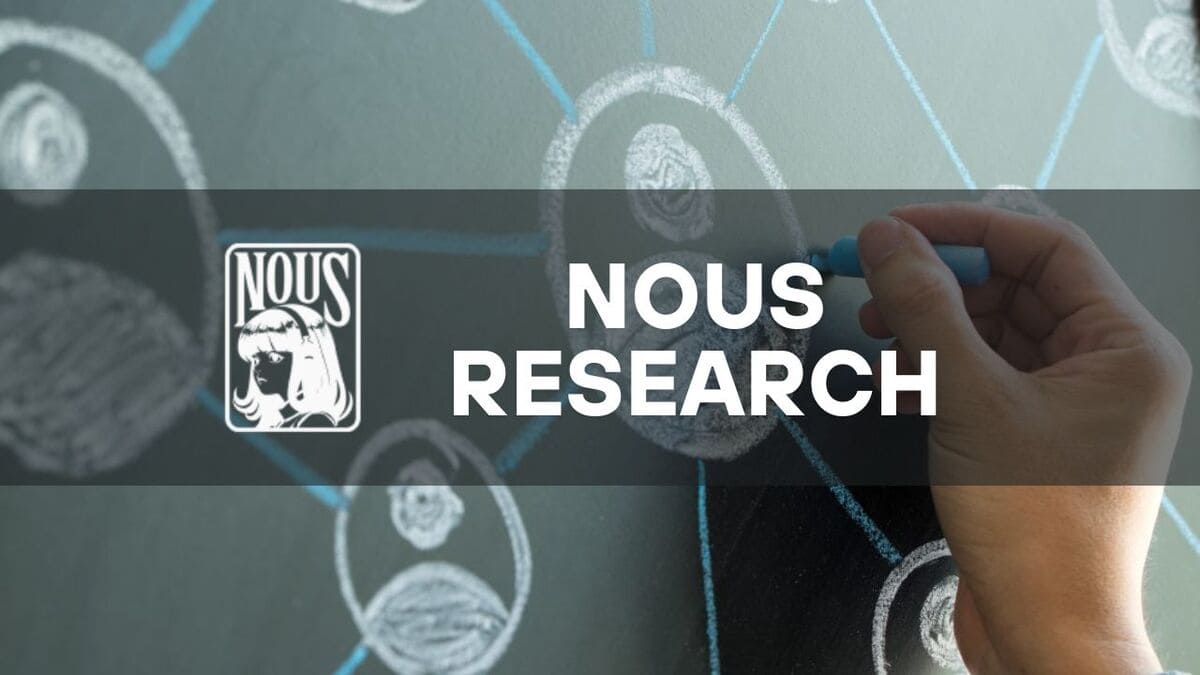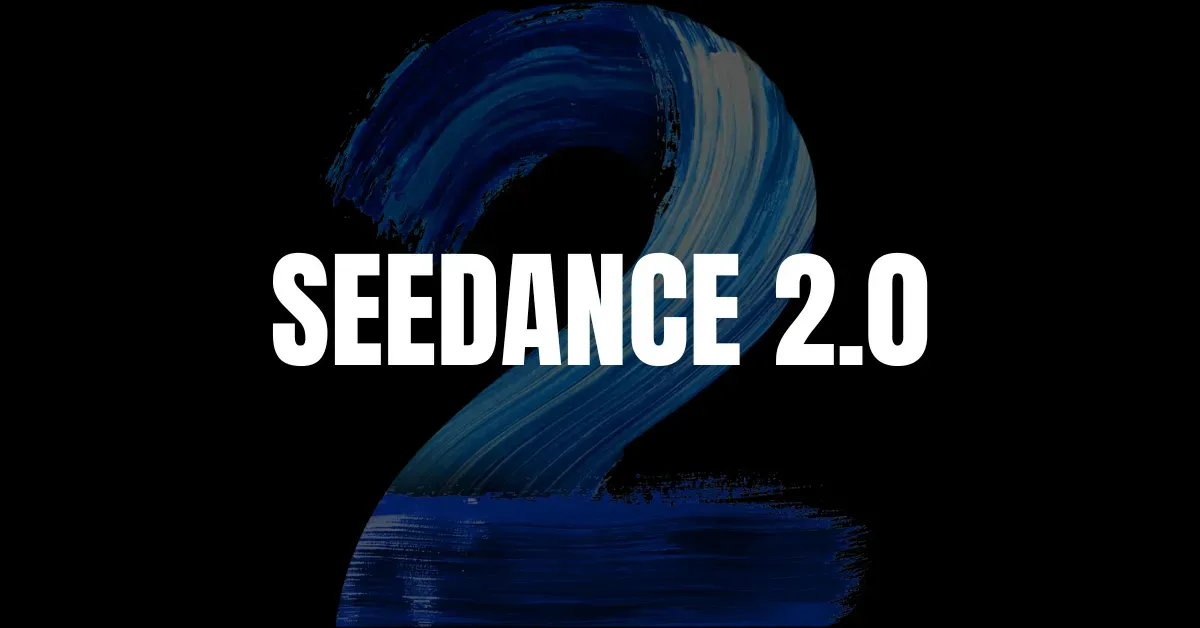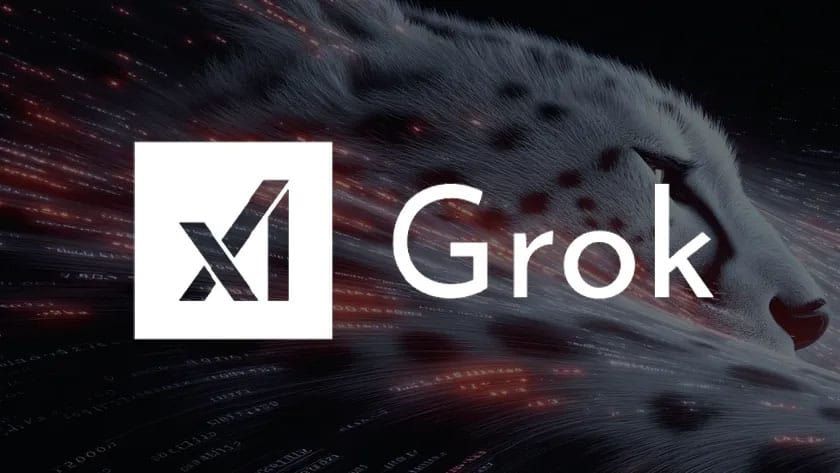🛎️ Seniors Vibe Harder

Good Morning, AI Enthusiasts!
In every shift of technology, the measure of wisdom is not speed, but depth.

CODING
Survey Shows Old Coders Vibe Harder Than Gen Z

📌 What’s happening: Fastly’s July survey of 791 U.S. developers found that coders with 10+ years’ experience are twice as likely as juniors to let AI tools like Copilot or Claude generate half their code. Veterans lean on AI for prototyping and speed, but also spend more time checking for bugs. Juniors, meanwhile, still cling to “hand-crafted” coding.
🧠 How this hits reality: This flips the stereotype that older engineers aren’t laggards, they’re the ones operationalizing AI. The reason is structural—senior roles are about orchestration, not keystrokes. They have the pattern recognition to catch AI’s hallucinations, and the authority to push tools into workflows. The upshot? AI is shifting from junior upskilling gimmick to senior productivity moat, accelerating delivery but widening the skills gap for entry-level hires.
🛎️ Key takeaway: AI coding isn’t replacing juniors—it’s making them irrelevant faster than they can level up.
TOGETHER WITH QODER
Qoder Repo Wiki: Weaponize Your Codebase with Free Claude 4

Nobody wants to write documentation. Yet every project drowns without it. Qoder Repo Wiki is the jailbreak. It rips through your codebase and spits out a living Wiki: architecture maps, module overviews, dependency graphs — the knowledge your team needs but never has time to create.
No more tribal knowledge. No more onboarding nightmares. No more “ask the senior dev.” The truth of your repo is finally visible — instantly, automatically, relentlessly.
And during Qoder’s free preview, you don’t just get Repo Wiki. You also get free Claude 4 credits, so you can interrogate your codebase with one of the world’s sharpest LLMs, right inside your IDE.
Documentation isn’t a side task anymore. It’s your repo’s nuclear option.
LLM
Hermes 4 Redefines Transparency and Refusal in AI

📌 What’s happening: Nous Research has launched Hermes 4, an open-source LLM family that breaks two industry conventions. First, it introduces a hybrid reasoning mode that makes the model’s internal thought process fully visible through "think" traces. Second, it rejects far less than peers—scoring 57.1% on RefusalBench, compared with GPT-4o’s 17.67% and Claude Sonnet 4’s 17%.
🧠 How this hits reality: These shifts hit directly at Big Tech’s moat. Transparency in reasoning exposes the “black box” of models like GPT-4o and Claude, letting users verify, debug, and trust outputs instead of taking them on faith. Meanwhile, the low refusal rate dismantles the narrative that heavy guardrails are necessary for safety, giving developers freedom to use advanced models without corporate gatekeeping. Together, these changes challenge the two pillars—opacity and refusal—that have defined enterprise AI.
🛎️ Key takeaway: By making reasoning visible and refusal optional, Hermes 4 forces the industry to admit that today’s guardrails are choices, not limits.
ED
AI Tutors for Civility, Not Just Calculus

📌 What’s happening: Platforms like Dialogues (from Sal Khan’s Schoolhouse.world) and Sway (created by two philosophy researchers) are pitching AI-assisted debate practice to high school and college students. The promise: structured disagreement, civility scores, and “debate portfolios” that could end up in college admissions files. Harvard and UNC professors are already piloting AI moderators and chatbots to grade open-mindedness.
🧠 How this hits reality: This isn’t just edtech—it’s admissions-tech. Tying debate portfolios to applications turns “civility” into a new credential, sparking both parental frenzy and institutional retreat (MIT and Vanderbilt already backed out). If Sway and Dialogues spread, debate style becomes a résumé line, and AI moderators start shaping who gets into Yale as much as SAT tutors ever did. The disruption isn’t pedagogy; it’s admissions economics and cultural gatekeeping.
🛎️ Key takeaway: AI isn’t teaching kids to argue—it’s quietly becoming the bouncer at the gates of elite academia.
QUICK HITS
- Anthropic will begin using consumer conversations to train its AI, forcing users to opt out by September 28 to protect their data.
- Microsoft is rolling out its own in-house AI models for Copilot, challenging partner OpenAI, while also bringing Copilot to TVs for the first time through Samsung’s 2025 lineup.
- Following a lawsuit over a teen's suicide, OpenAI will introduce parental controls and emergency contact features for ChatGPT.
- Taco Bell’s AI drive-thru rollout across 500+ locations has faced glitches and trolling, leading executives to reassess where the technology should be used.
- Elon Musk's xAI enters the AI coding assistant race with its new grok-code-fast-1 model.
TRENDING
Daily AI Launches
- Marblism launched a "team of AI employees" to run your inbox, social media, lead generation, SEO, and customer support.
- KomikoAI launched a video-to-video tool that transforms your videos into 80+ creative styles, using templates or custom prompts.
- HiveMind launched an AI recruitment tool that vets applicants and outputs a ranked list of the best candidates based on key signals.
- ApiJuice launched a tool that turns any URL and a plain English prompt into a custom API for extracting clean JSON data.
Featured AI Tools
- 🎓 Resea AI is the first academic agent for end to end research workflow.
- 📚 Heardly is the Fast Way to read Best Book.
- 🪶 CopyOwl is the First AI Research Agent, deep research on any topic in one click.
- 🦾 Flot AI writes, reads, and remembers across any apps and webs.
TOGETHER WITH US
AI Secret Media Group is the world’s #1 AI & Tech Newsletter Group, boasting over 1 million readers from leading companies such as OpenAI, Google, Meta, and Microsoft. Our Newsletter Brands:
- AI: AI Secret
- Tech: Bay Area Letters
- Futuristic: Posthuman
We've helped promote over 500 Tech Brands. Will yours be the next?
Email our co-founder Mark directly at mark@aisecret.us if the button fails.
Latest Daily Rundowns



More AI Stories









